Pakistan released an Rs8.4 trillion ($54 billion) budget for the upcoming fiscal year on Friday, basing it on a 4.5% growth objective and increasing expenditure on public sector advancement with an election just two years away.
The introduction of Finance Minister Shaukat Tarin before the National Assembly attracted taunts from opposition legislators.
Tarin stated that the budget allotted Rs3 trillion to repay or pay existing debt.
“We were on the point of default due to previous governments' poor administration, but we have finally solved that emergency,” Tarin added.
The budget allocates Rs2.135 trillion for public development including job-creating infrastructure projects, a significant increase from Rs1.532 billion this year.
“For many years, the poorer segments of society have longed for wealth, and now sustained growth is required,” Tarin told parliamentarians, adding that the budget will be over four billion rupees in deficit.
“We anticipate that our fiscal adjustments will have a trickle-down effect,” he added.
Military spending would increase by 6% to Rs1.4 trillion.
Pakistan's current account is in surpluses for maybe the first time in years, thanks to extraordinary remittances and soaring exports.
The government has set a tax revenue collection target of approximately Rs6 trillion to cover the budget, up from Rs4.5 trillion this year. The finance minister stated that Rs140 billion had already been kept aside to vaccine the country's 220 million people against COVID-19.
The finance minister announced a 10% increase in the salaries and pensions of government employees, who had gathered outside the parliament building to seek large hikes.
Internet subscriptions and mobile phone calls will become costly. The monthly minimum wage was set at Rs20,000. All tariffs on imported 850CC automobiles were waived. Similarly, tariffs on electric vehicles have been eliminated for a year.
The budget also included an allocation of Rs900 billion for the public sector development program (PDSP), a 40% increase over last year; Rs12 billion for agriculture; Rs118 billion for power allocation Rs61 billion for the Viability Gap Fund; Rs14 billion for Climate Change mitigation projects; $1.1 billion for vaccine procurement; and Rs100 billion for COVID-19 Emergency Fund and Rs12 billion special funding for Sindh.
The current account deficit had reached a historic high of $20 billion, but the administration had managed to pull the economy out of difficulties with cautious strategies. He stated that towards the conclusion of the previous government's mandate, the budget deficit was also at a high of 6.6% and foreign exchange reserves were at a crucial level of $10 billion. Fortunately, things are looking up now.
He stated that this was the current administration's obligation to repair the economy because the previous administration had impeded it by borrowing loans and unjustly holding the rupee at Rs104 for five years.
Even the most difficult problem for the administration was avoiding a financial default. He emphasized the government's accomplishment by stating how they had managed to decrease the current account deficit to an $800 million surplus. The economy was on the path to recovery and development.
In agriculture, the minister stated that the industry has experienced unprecedented expansion. He asserted that Pakistan has now joined the club of progress. “The economy is on the mend. Pakistan faced two distinct crises, yet the government was able to prevent from default.”
According to him, Pakistan's agriculture industry had record development during the current fiscal year. After several years of stagnation, the large-scale manufacturing sector grew by 9% in FY21, he noted. Many of the crops grew. The services industry, which includes transportation, banking, and insurance, grew significantly in comparison to prior years.
Tarin emphasized the reduction of poverty and the creation of employment. “Despite the catastrophic third wave, which caused more damage than the first two waves, we were successful in combating the devastating repercussions of Covid-19. Throughout these difficult times, we increased hospital resources. The low-income section profited from the Ehsaas initiative, which offered assistance to 12 million households, accounting for 40% of the overall population. The administration anticipates $29 billion in remittances in the coming fiscal year.”
Agriculture provides Rs3.1 trillion to the national exchequer, despite record-high output. Development in the large-scale industrial sector aided in the creation of employment for those laid off during the pandemic.
The finance minister went on to say that the e-commerce and fintech industries are anticipated to influence the online job environment. During the fiscal year 2020-21, tax revenue climbed by 18% with tax revenues surpassing Rs4 trillion. Exports climbed by a considerable 14% because of the discount, and the duty drawback aided the sector's growth, he noted.
“It should be acknowledged that inflation is growing as a result of increased food costs. Reserves of $16 billion are sufficient for three months of imports. Adequate reserves are supporting the rupee's sustainability. Pakistan has a food shortage since the sector has been ignored over the previous 15-20 years,” he explained.
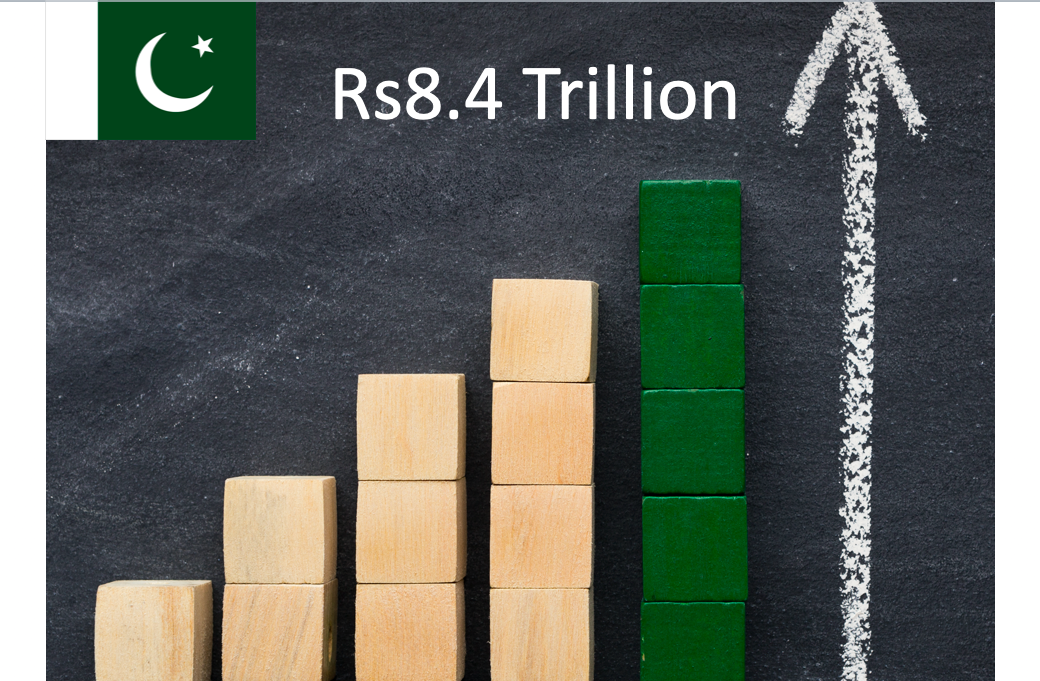
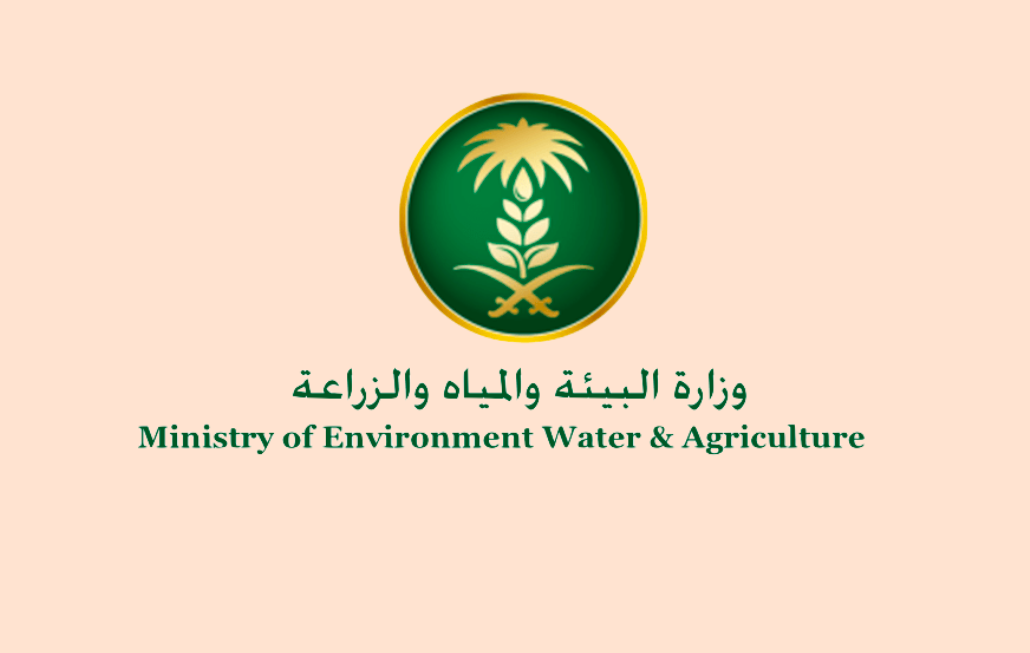

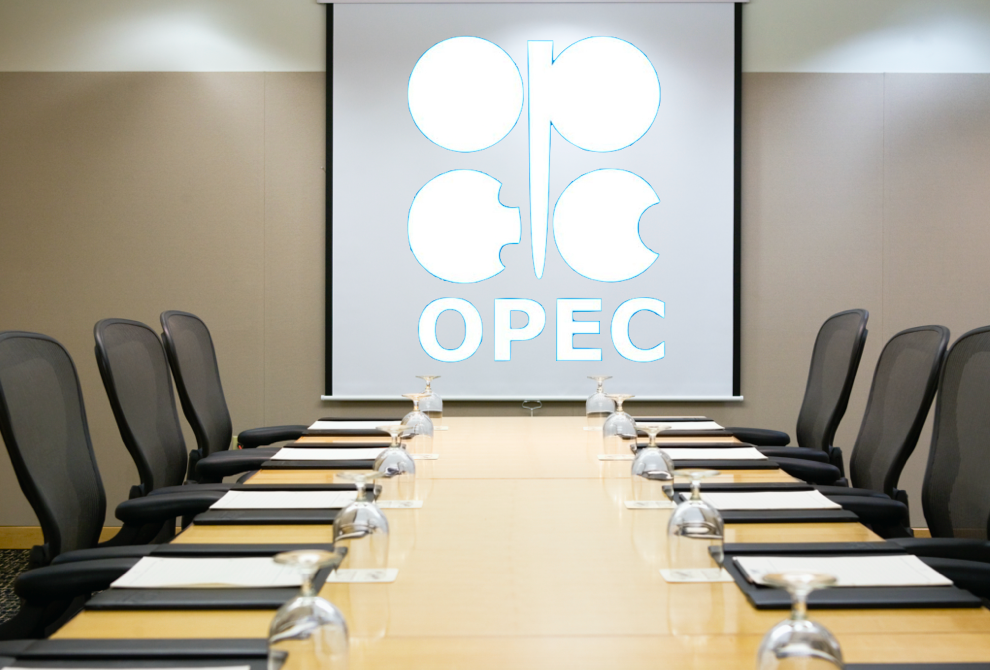

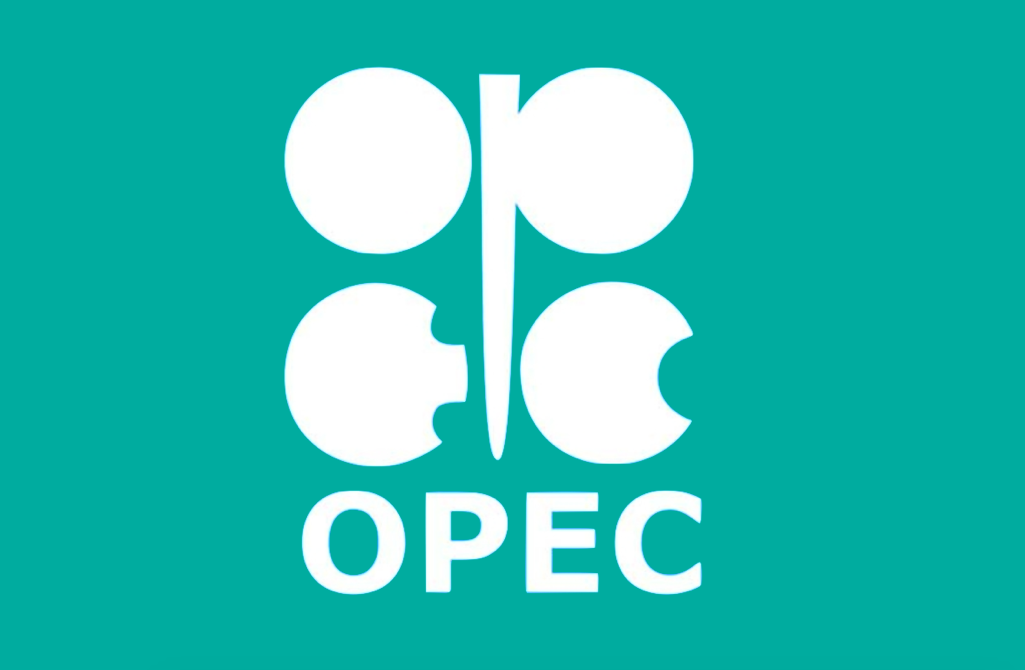










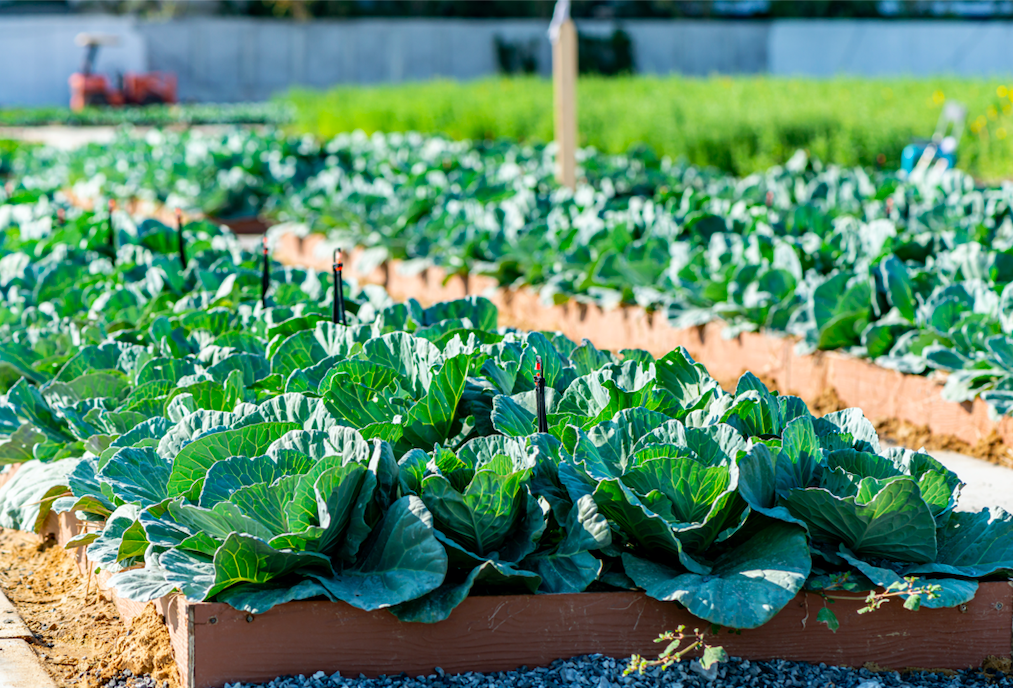



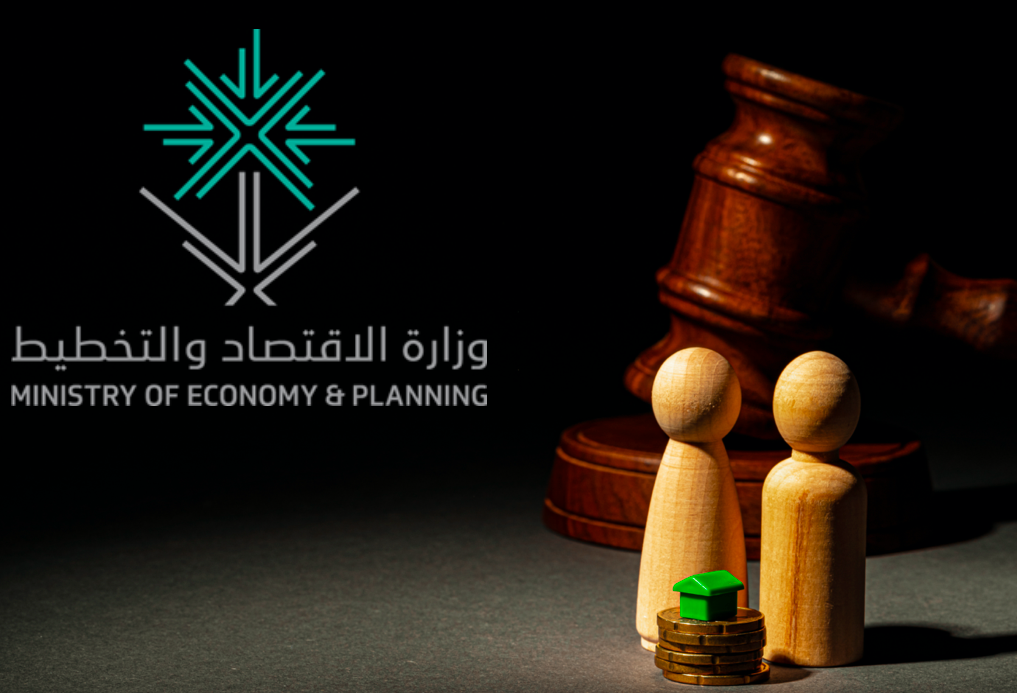



 ENG
ENG








































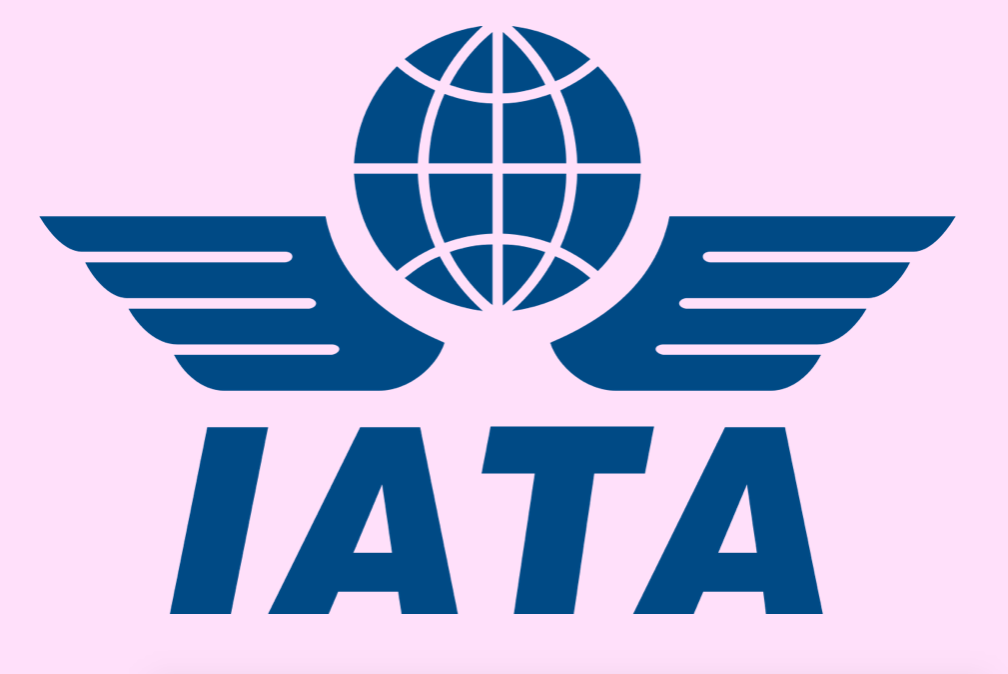


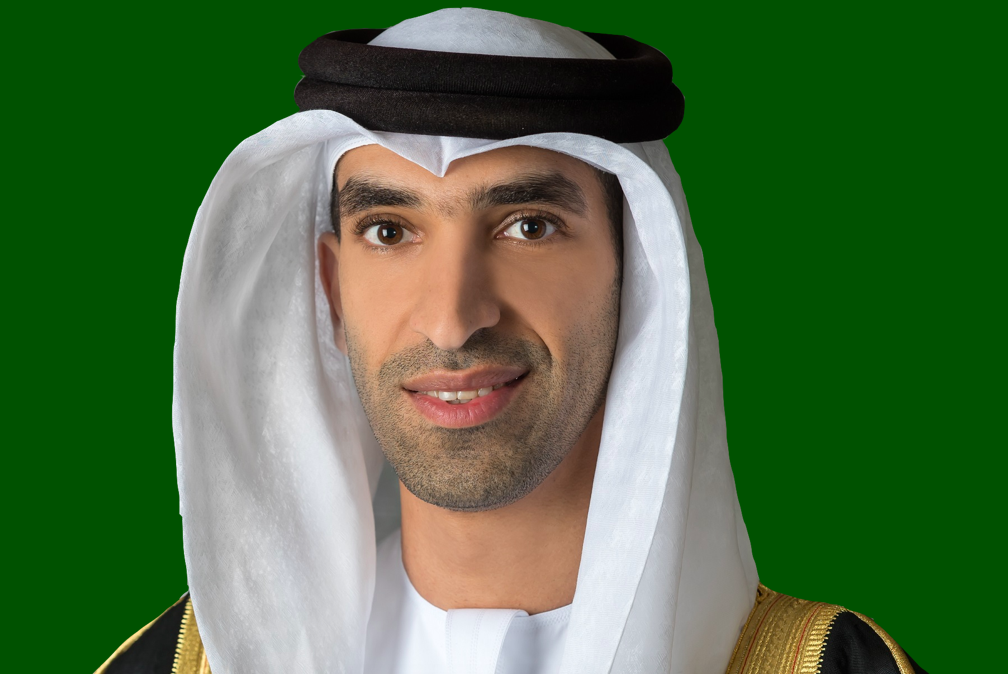












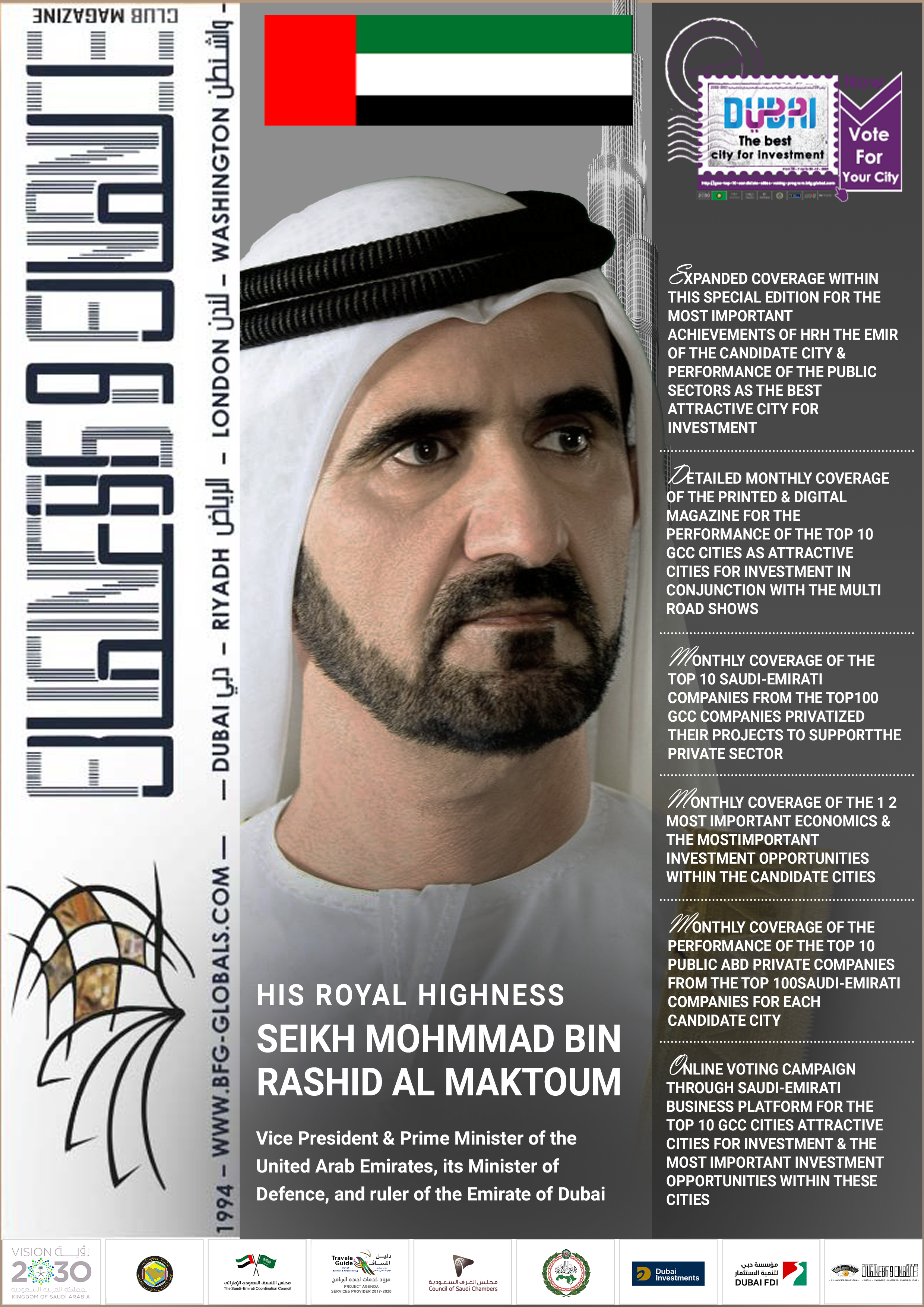


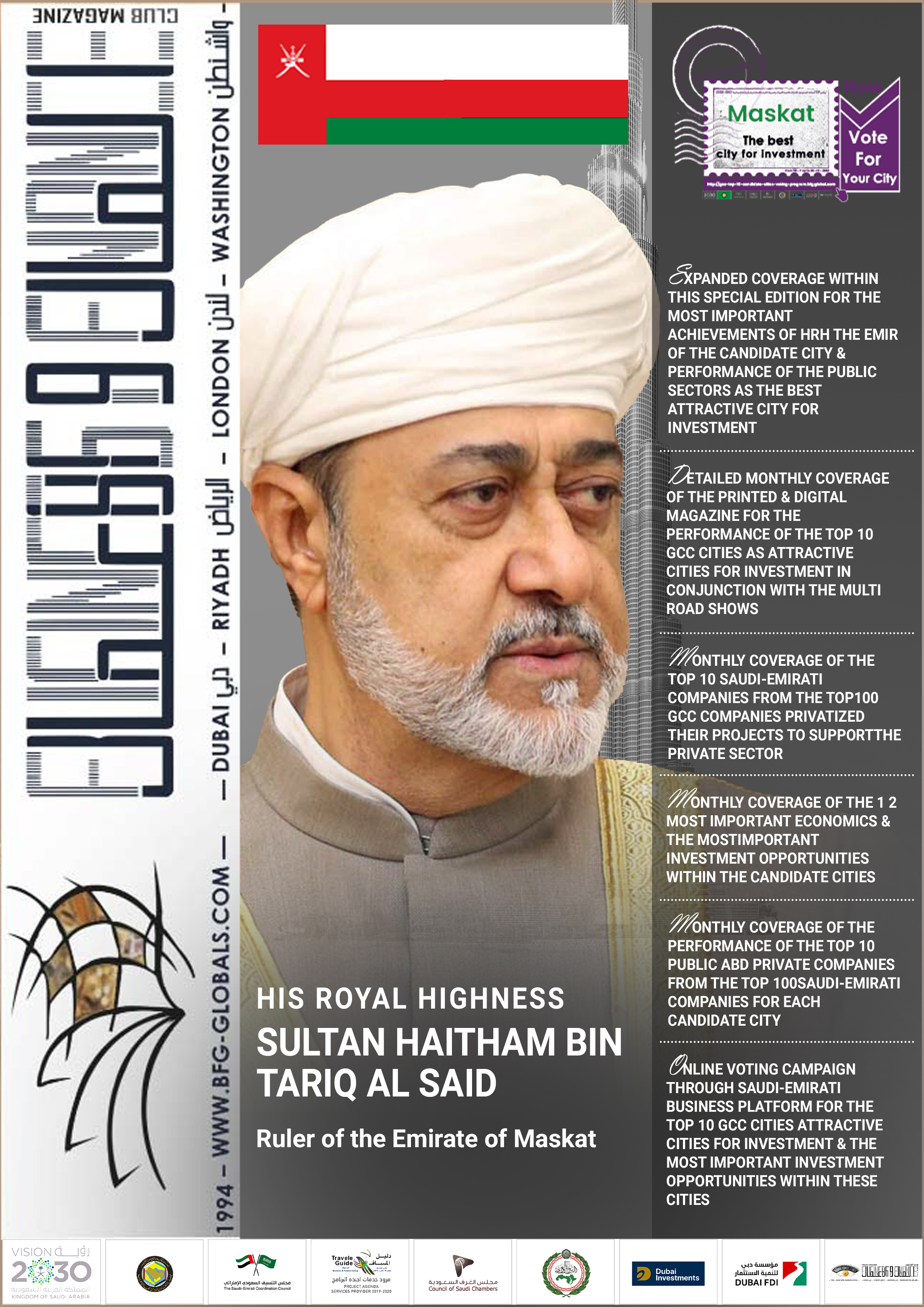

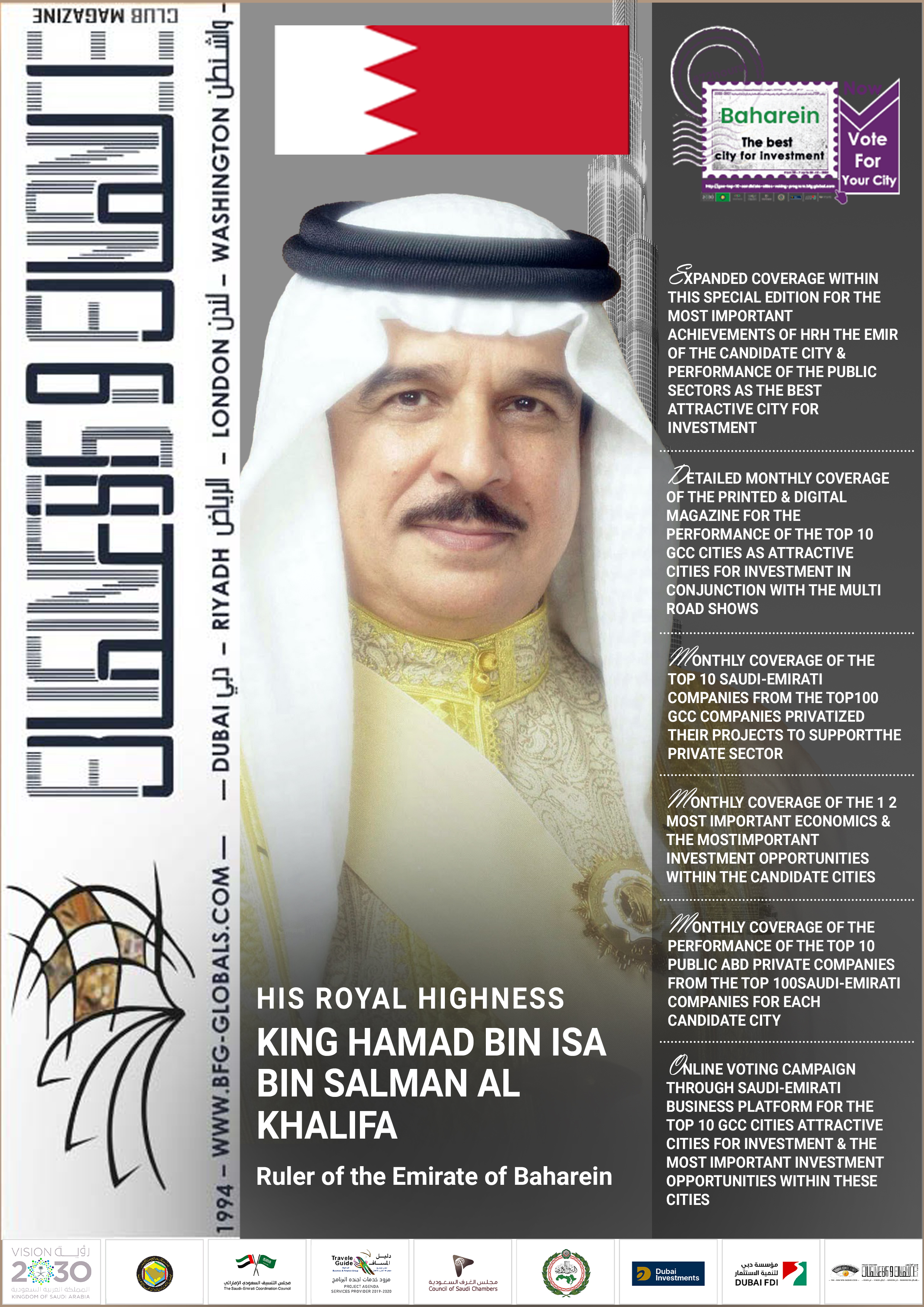

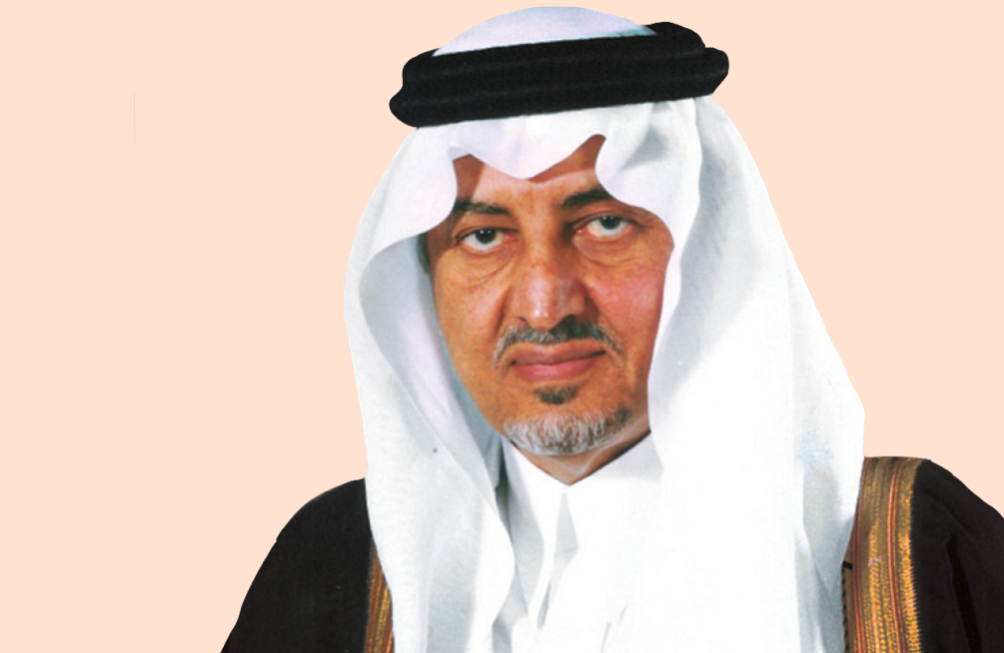





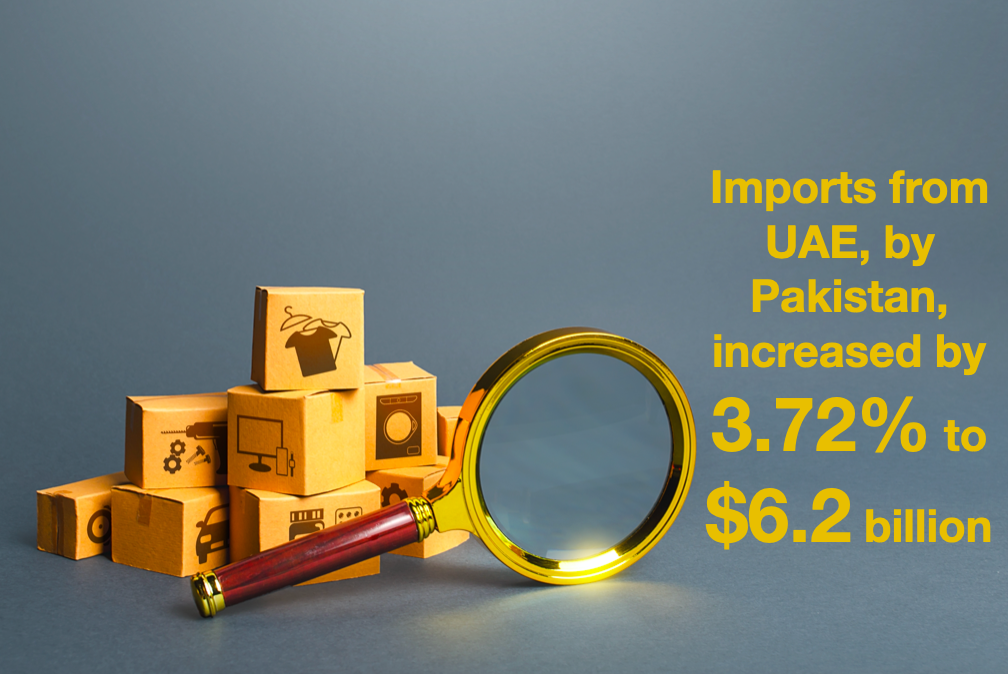





CONNECT WITH US: